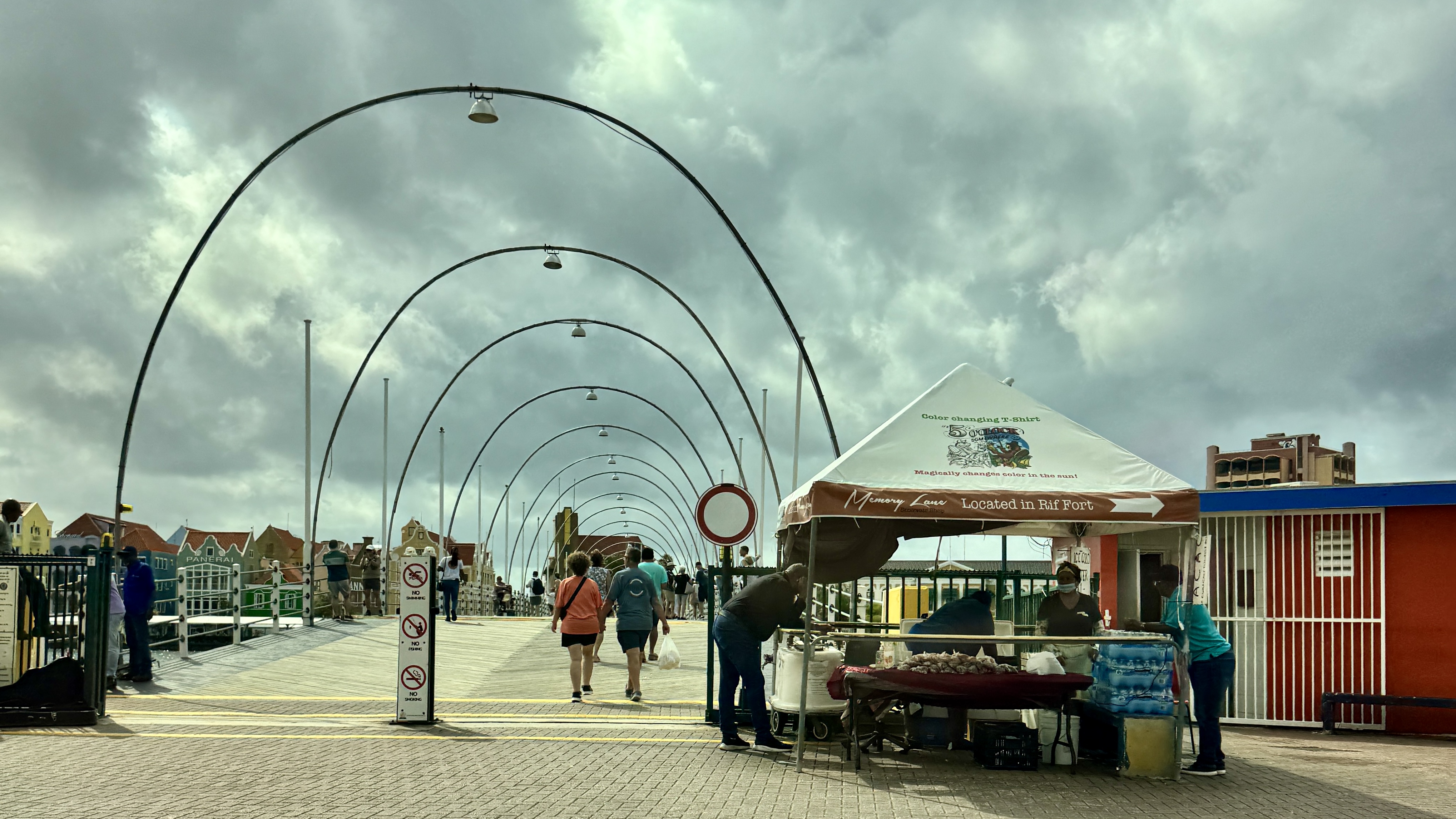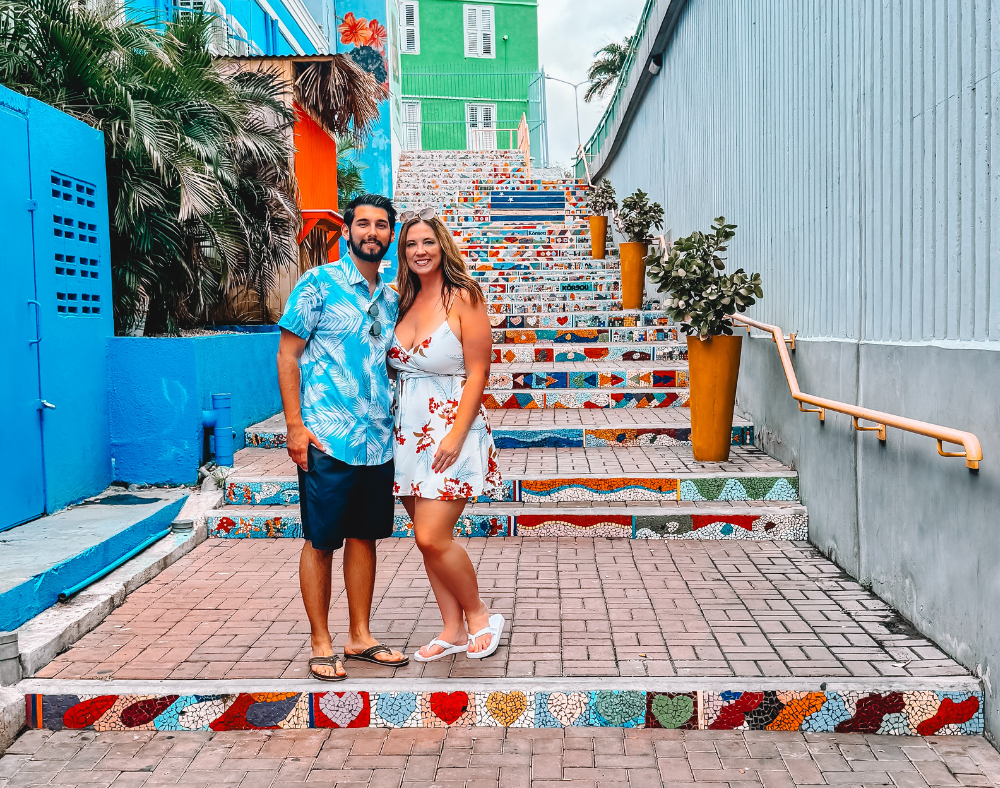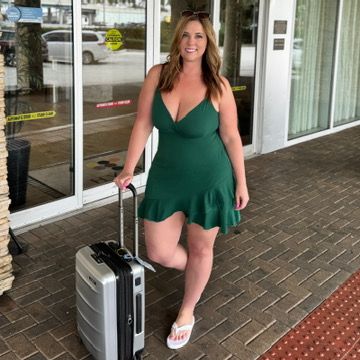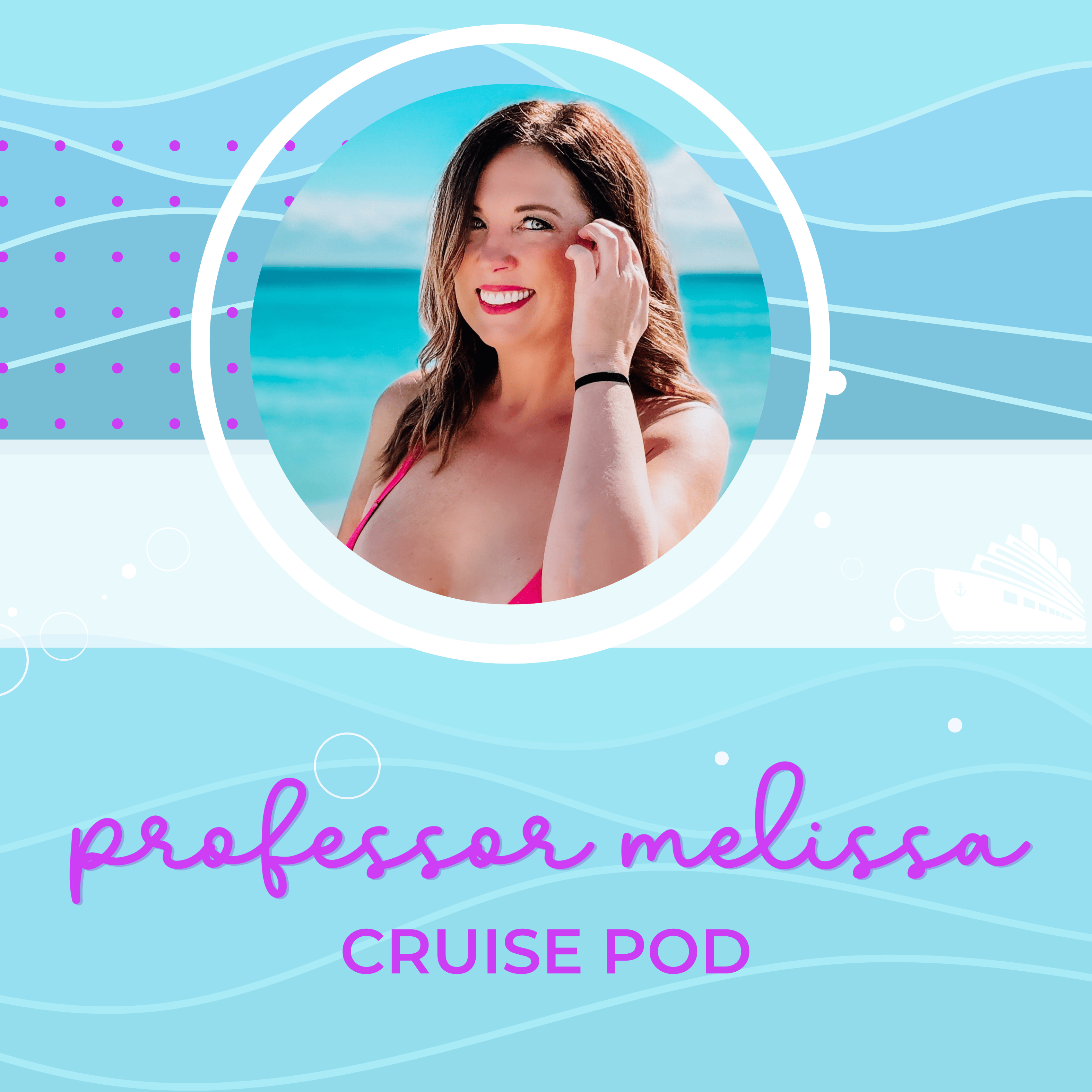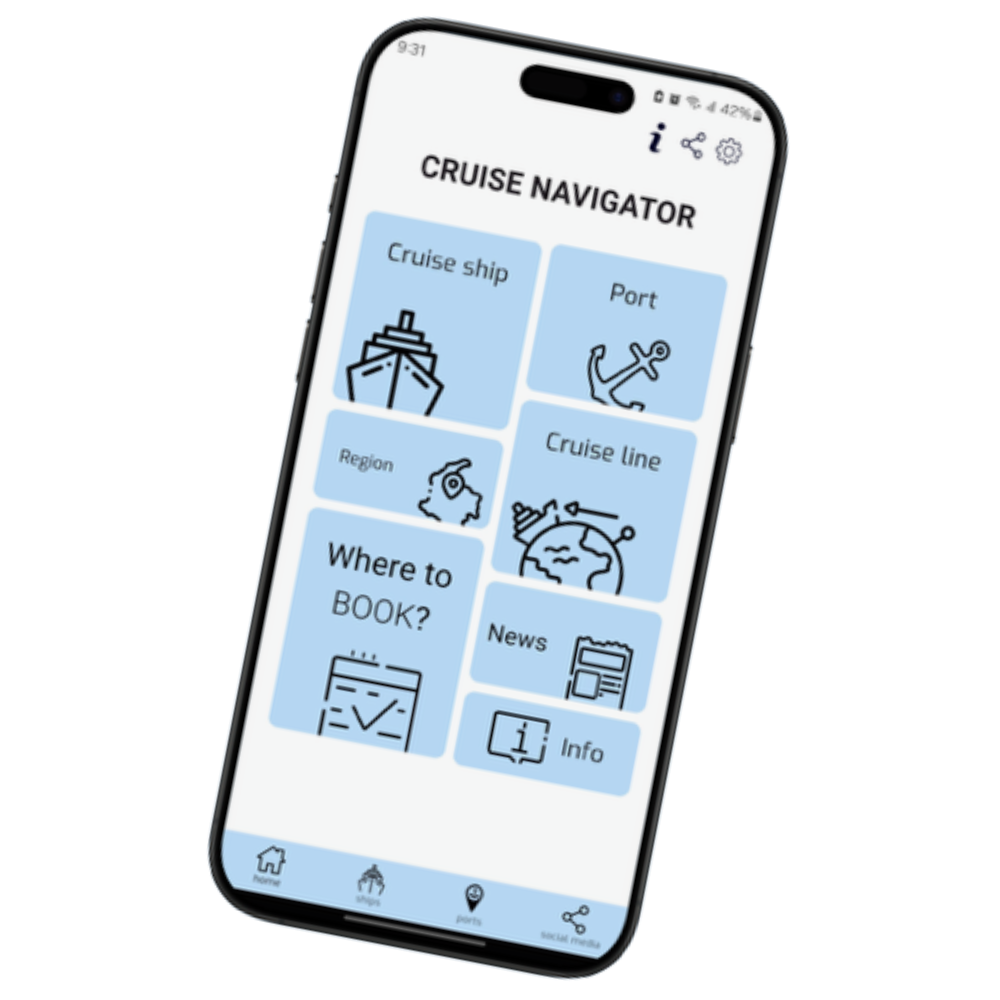Willemstad, Curaçao Port Guide

Captivating Curaçao: What You Need to Know About the Willemstad Cruise Port
Willemstad is the capital city of Curaçao, and it's pronounced “kur-uh-sau.” It's a popular cruise port because there's a lot to do here, including walking around and enjoying the island's colorful colonial architecture and sites like the famous floating bridge which can make for an affordable port of call stop.
Related: Download a port map for Curacao
This Dutch Caribbean gem is a popular stop on southern Caribbean itineraries, offering a unique blend of European charm and Caribbean allure. It’s one of the “ABC” islands, along with Aruba and Bonaire. Oddly enough, I've seen (and personally taken) many cruise itineraries that call upon Aruba and Curaçao, but skip Bonaire.
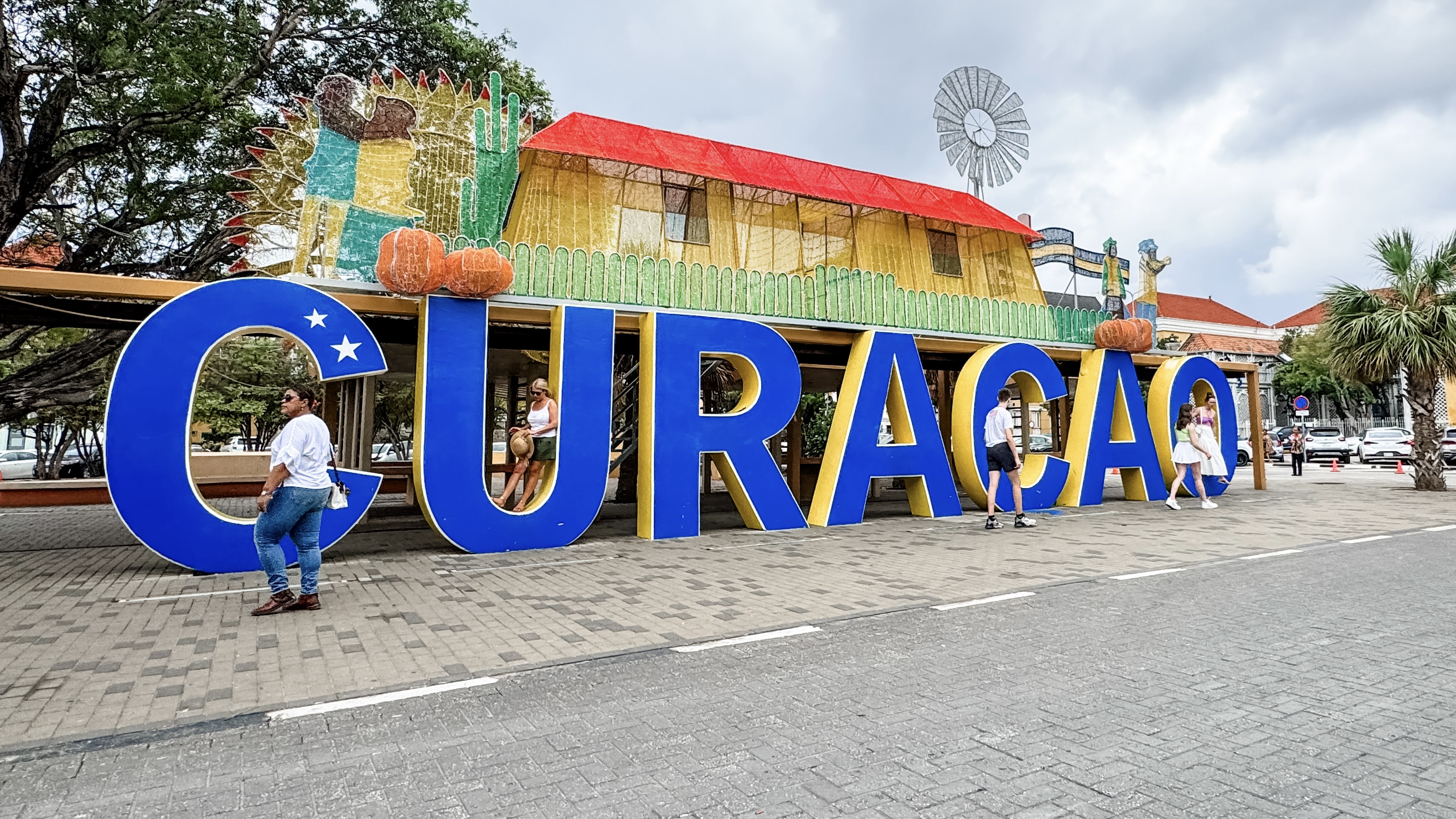
The Willemstad cruise port in Curaçao features two main docking areas: the Mega Pier and the Mathey Wharf (also known as the Cruise Terminal or Handelskade Terminal). The Mega Pier is typically used for larger cruise ships that cannot pass under the Queen Juliana Bridge, while Mathey Wharf accommodates smaller vessels.
The two are relatively close to each other—within walking distance of downtown Willemstad—so for most cruise visitors, it doesn’t make much of a difference which terminal you use.
The Curaçao Ports Authority has a handy map showing the cruise port location and things to do nearby in Willemstad. Once off the pier, if you hang a right, you’ll enter into one of my all-time favorite cruise terminal areas, Rif Seaport. Later, I’ll explain why this is such a fabulous area.

When exploring Curaçao, you’ll likely hear what sounds like a wide array of languages... and you kind of are. One of the most unique is Papiamentu, a Creole language spoken in Curaçao, Aruba, and Bonaire.
It’s a fascinating blend of Dutch, Spanish, Portuguese, and English, reflecting the islands’ multicultural history. That said, most locals are also fluent in English, so communication is rarely an issue for visitors.
One Papiamentu word you’ll want to take home with you is “dushi.” While you certainly wouldn't want to call someone that in America, where it's spelled quite differently and has a very different meaning, in Curaçao, it's a term of endearment.
It’s a versatile term that means sweet, nice, good, or even sexy, and you’ll see and hear it everywhere, from menus to souvenirs. It's basically Curaçao’s way of saying “all the good things.”
Note: Like several other Caribbean nations, civilians in Curaçao are prohibited from wearing camouflage clothing. It’s best to leave anything camo-patterned at home (or at least back on the ship) because you could be asked to change or even sent back to the ship if you're wearing it ashore.
BABY, LET'S CRUISE...
Let us help you plan the cruise (or trip) of a lifetime!
Subscribe to my Cruiseletter
Get juicy cruise info, insider tips, and FREE port guides, delivered straight to your inbox. Plus, you'll get my FREE Cruise Packing List & Planner, and I promise to never spam you.
By submitting this form, you're agreeing to receive emails from Professor Melissa. Don't worry, your info is safe with me. We'll never share or sell it. You can also unsubscribe at any time.




